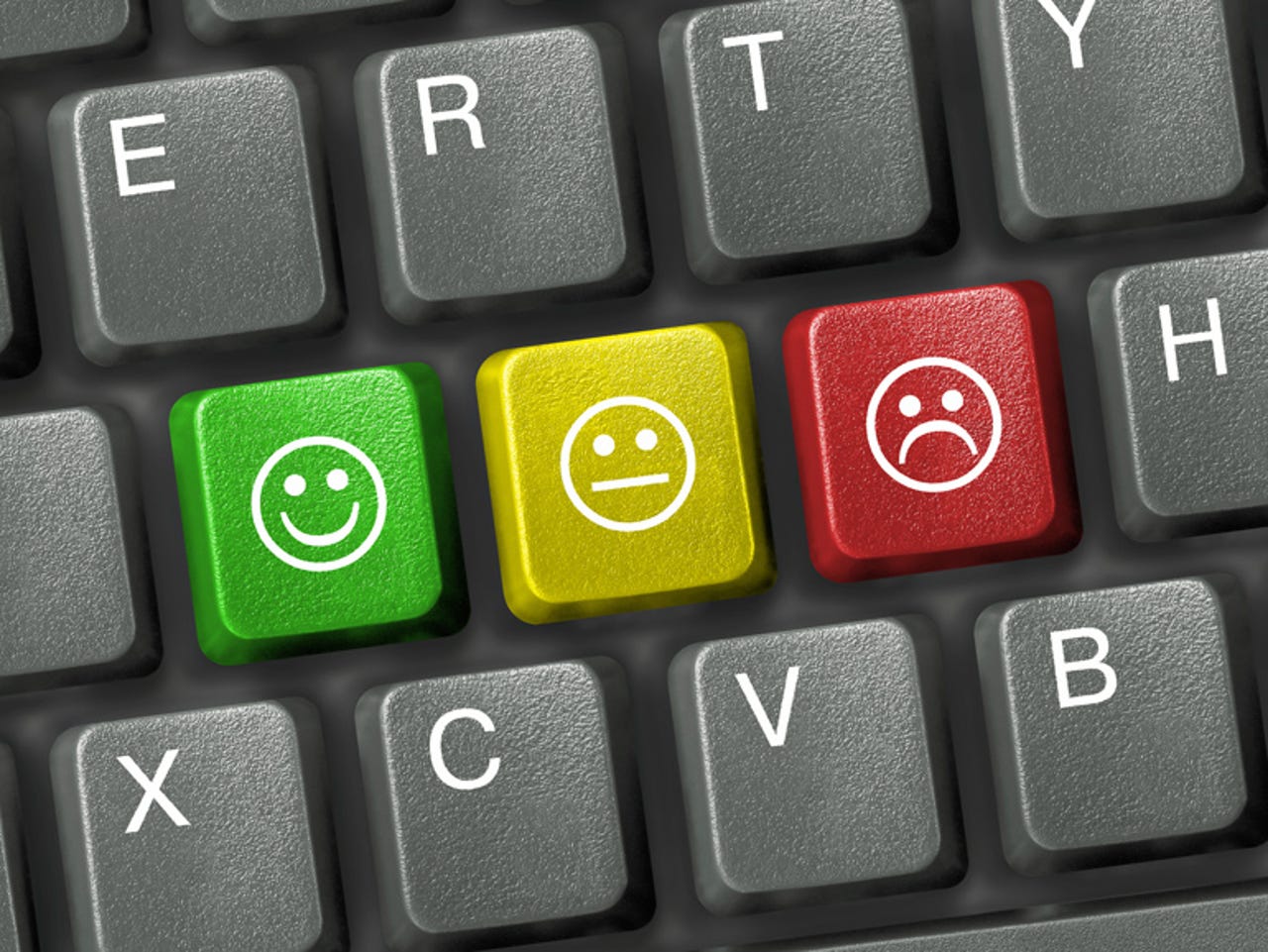QWERTY effect: keyboards affect your feelings


Does you handed-ness affect your minded-ness?
A recent paper by researchers David Garcia ETH Zuric, Switzerland and Markus Strohmaier of the German Leibniz Institute for the Social Sciences throws cold water on Western fantasies of individualism and rationality. The QWERTY effect has been a research topic for the last five years.
What is the QWERTY effect?
Simple: you feel better about words whose letters are typed with your right hand than the words that are typed with the left. Sounds crazy, but now we have the Internet for cheap data.
In this paper, the authors
. . . perform large scale investigations of the QWERTY effect on the web. Using data from eleven web platforms related to products, movies, books, and videos, we conduct observational tests whether a hand-meaning relationship can be found . . . . Overall, we find robust evidence for the QWERTY effect both at the point of text interpretation (decoding) and at the point of text creation (encoding)
Text takes almost no capacity, which is why the fact that 200 billion emails are sent each day and several times that for texts doesn't make a dent in Internet capacity. But writing is intentional and exacting in a way that cell phone video rarely is, however many megabytes it requires.
Can typing change word meanings?
Researchers have two theories:you're better with your right hand and so favor it when we are pleased. Or the more nuanced theory:
. . . the QWERTY effect could be explained by general lateralization: individuals have implicit biases to associate right to good and left to bad, even across cultures. . . .
Of course, there's still the problem of measuring the emotional content of the words we type. But that's an older problem, and social scientists have measures of emotional "valence" in semantics. Automated, those tools enable large scale analysis.
Using data from - among others - Amazon, Yelp, Epinions, the Open Movie DataBase - which includes IMDB and Rotten Tomatoes - YouTube, Redtube, and Pornhub, that use the star ratings to relate the review's positivity with the language of the review. Then they also run some controls against the data to test for factors that might affect the QWERTY effect.
Results
The researchers find "robust evidence" for the QWERTY effect in both reading and writing text. However, two of the datasets had statistically insignificant results, perhaps due to review cutoff dates or popularity minimums.
The Storage Bits take
I'd like to see more research replication (you can access the research materials and try it yourself), but the QWERTY effect seems feasible based on my own preference for my right hand on the keyboard. If replicated, the QWERTY effect is a surprising reminder that no technology is culture neutral.
But the research is also a potent reminder that Big Data can tease out much more subtle relationships than ever before. Big Brother can know things about you that you don't know about yourself!
Comments welcome. Does you handed-ness affect your minded-ness?